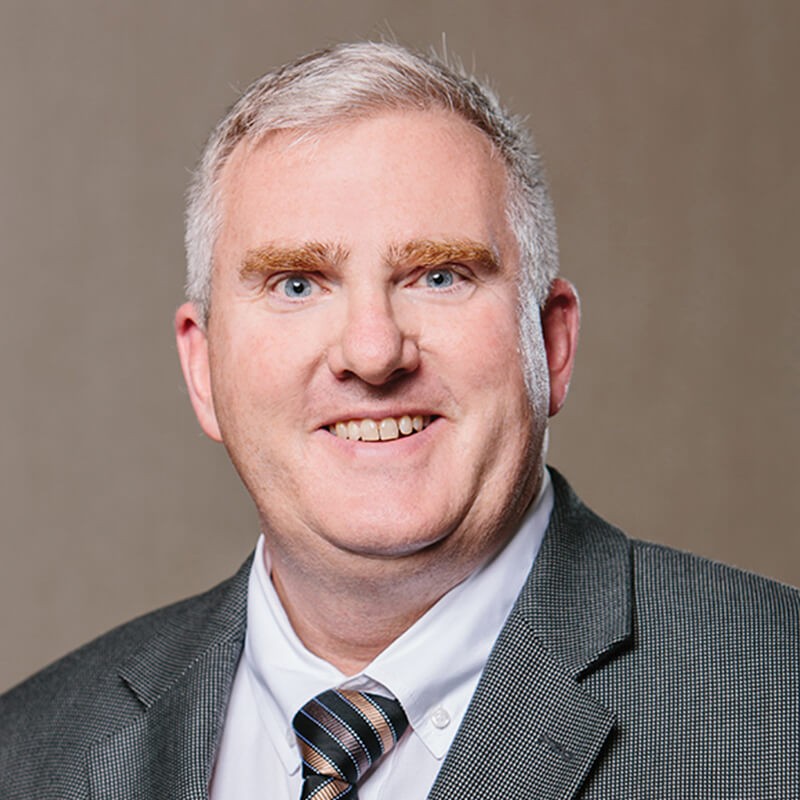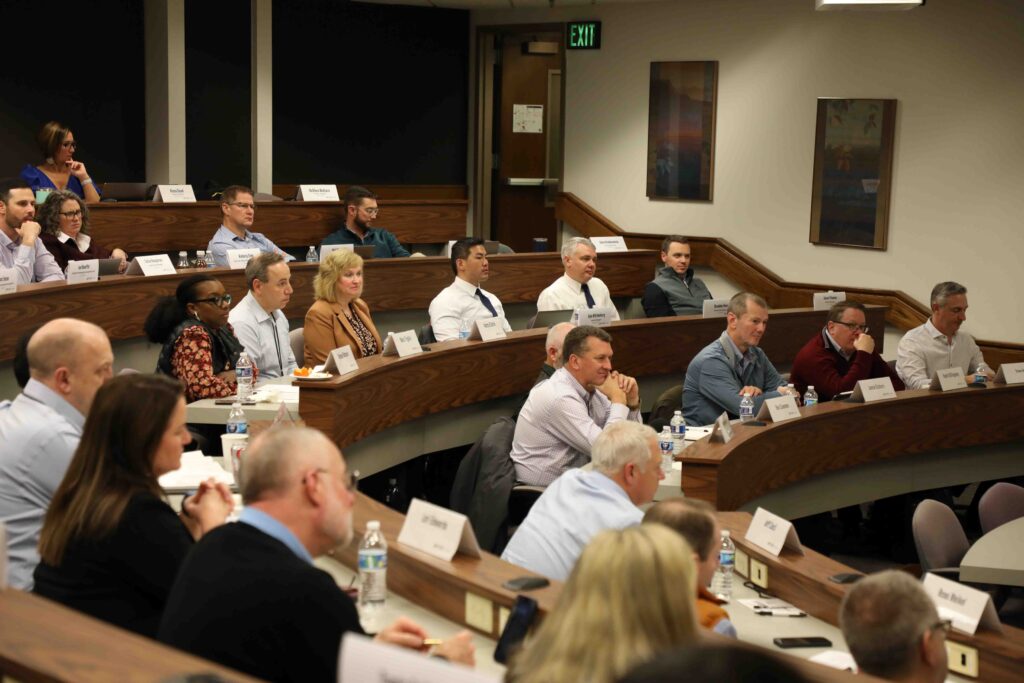
When we consider how farmers view different information sources, salespeople tend to think of themselves as the most valuable source of information. For farmers themselves, salespeople actually fall fairly far down the list. Why does this gap exist? One likely reason is trust. While untrustworthy salespeople don’t last long in agriculture, there’s a big difference between trust and trustworthiness. There is also a difference between believing we are trusted and the degree to which that trust exists.
Trust is hard to measure. It’s not like there’s a yield monitor for trust that tells us when it is coming in high or low as we move through the field of a relationship. But just because it’s hard to measure doesn’t mean farmers aren’t doing it, at least subconsciously. In the book, The Trusted Advisor, Rob Galford suggests four factors that drive these subconscious measures of trust. The first three factors: 1) credibility, how much you know; 2) reliability, how well you follow through on promises; and 3) intimacy, which is whether you can be trusted with secrets, are all important; however, the most influential and elusive factor is low self-interest, which isn’t a surprise. The old adage holds true — no one cares how much you know until they know how much you care.
Most salespeople feel very strongly that they care deeply for their customers, and I believe they do. So why don’t customers pick up on this and use it in their assessment? To really understand this, we must think about what happens in the buyer-seller relationship.
Throughout much of history, the buyer-seller relationship has been one in which the job of a salesperson has been to (no surprise) get the sale. Satisfying a customer need or solving a problem has been a means to an end. That job is the foundation of the salesperson’s interest. If there isn’t a sale, the “relationship” is far less important to most salespeople. A lot of salespeople would probably admit that they spend far less time with people who have told them “no” than people who have told them “yes”. The point here is that while salespeople care about their customers, that caring can be perceived as being tied to the buyer’s decision to purchase something. Nearly every buyer has experienced this, and it’s natural for salespeople to invest time providing “service” to customers rather than non-customers. This makes good business sense, and farmers know and understand this.
Knowing the relationship is tied to a purchase, it seems only natural that a farmer would be realistic about their perception of a salesperson’s motivation and caring. So, does the nature of a sales relationship doom a salesperson to a low status of trust? No! But it does mean salespeople must not assume their trustworthiness equals the perceived trust of their customers. Sellers must take specific steps to express care, which can be done in two ways.
First, salespeople should practice a sincere interest in the farmer’s journey beyond the part of it for which the seller’s products provide solutions. Where the journey includes production issues, asset management, business decisions and decisions around people involved in the farm, sellers must be genuinely curious. For example, a seller of agronomic products must be sincerely interested in the business, asset management, or staffing aspects of the farm that the farmer cares about. Second, salespeople should not assume that a discussion about a solution is a conversation that expresses the seller’s caring. In fact, as the book, The Challenger Sale, points out, the best sellers recognize that the customer’s discussion of their problems may be more valuable than the seller’s discussion of the solution.
Salespeople should include specific efforts to build trust into their sales strategy. A good way to do this is to separate discussions of problems and solutions into different conversations. As silly and inefficient as this may seem, it helps salespeople to be disciplined about demonstrating care separately from solving problems.
Trust is a key aspect of a sound relationship. Many selling organizations explicitly state a desire to be a trusted advisor, but this can only truly happen at a desirable level when the seller focuses more on the customer than the sale.
Learn more from Dr. Dave Downey and me in the Precision Selling: Building Relationships with Large Farmers professional development program July 27-28, 2022. Participants will gain tools and information to increase their odds of success by learning to clarify decisions, discover alternatives, manage risk and much more.





